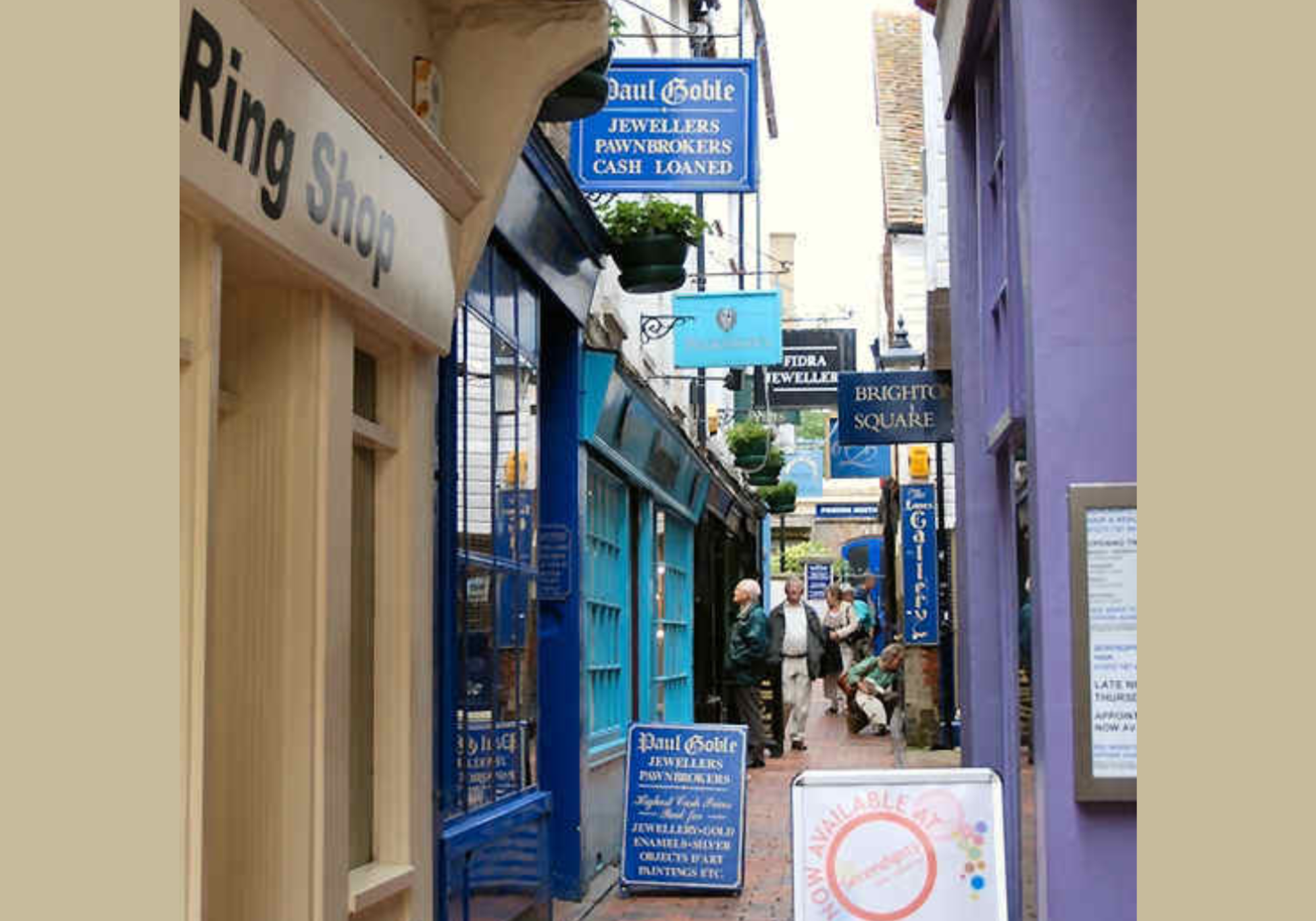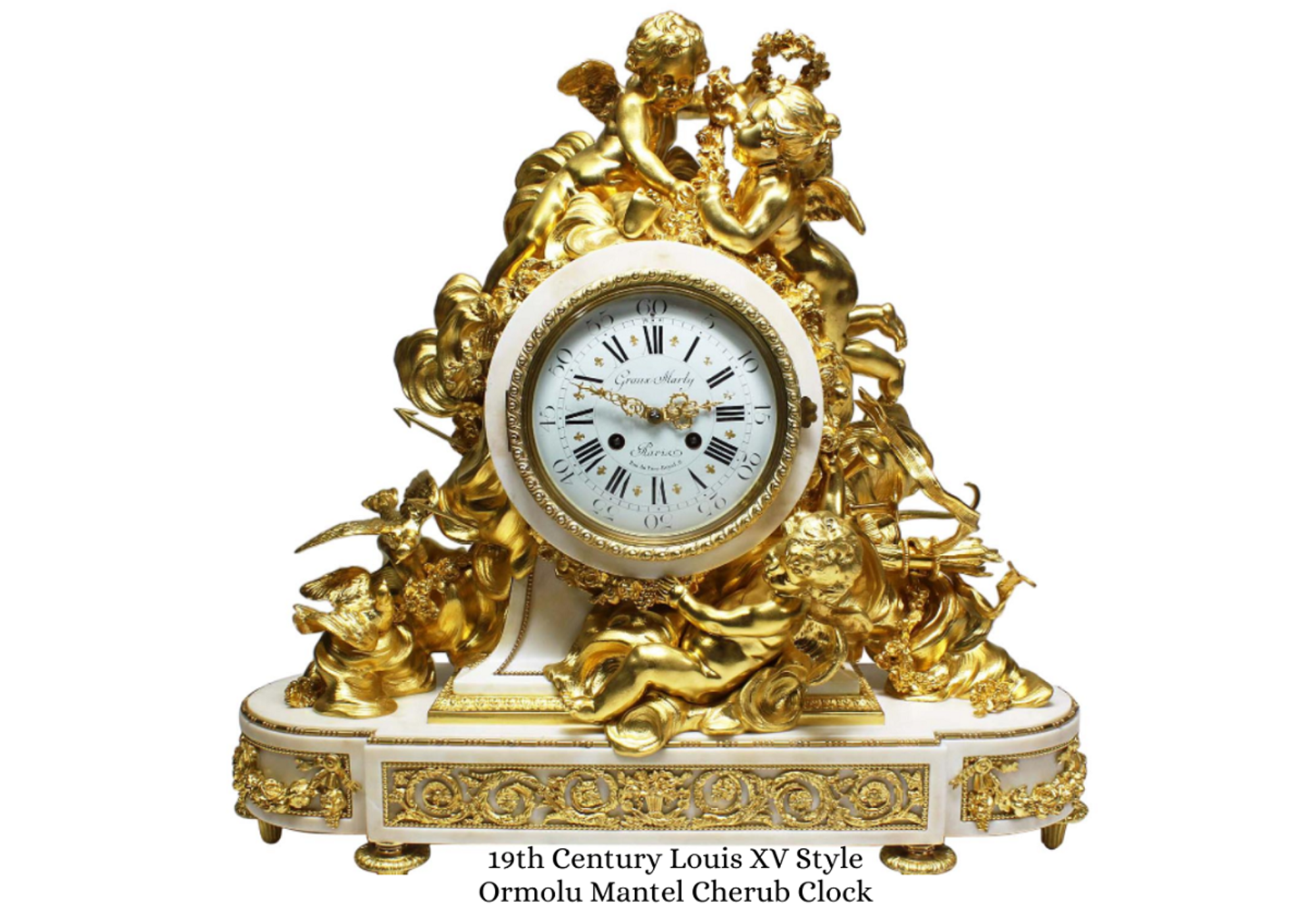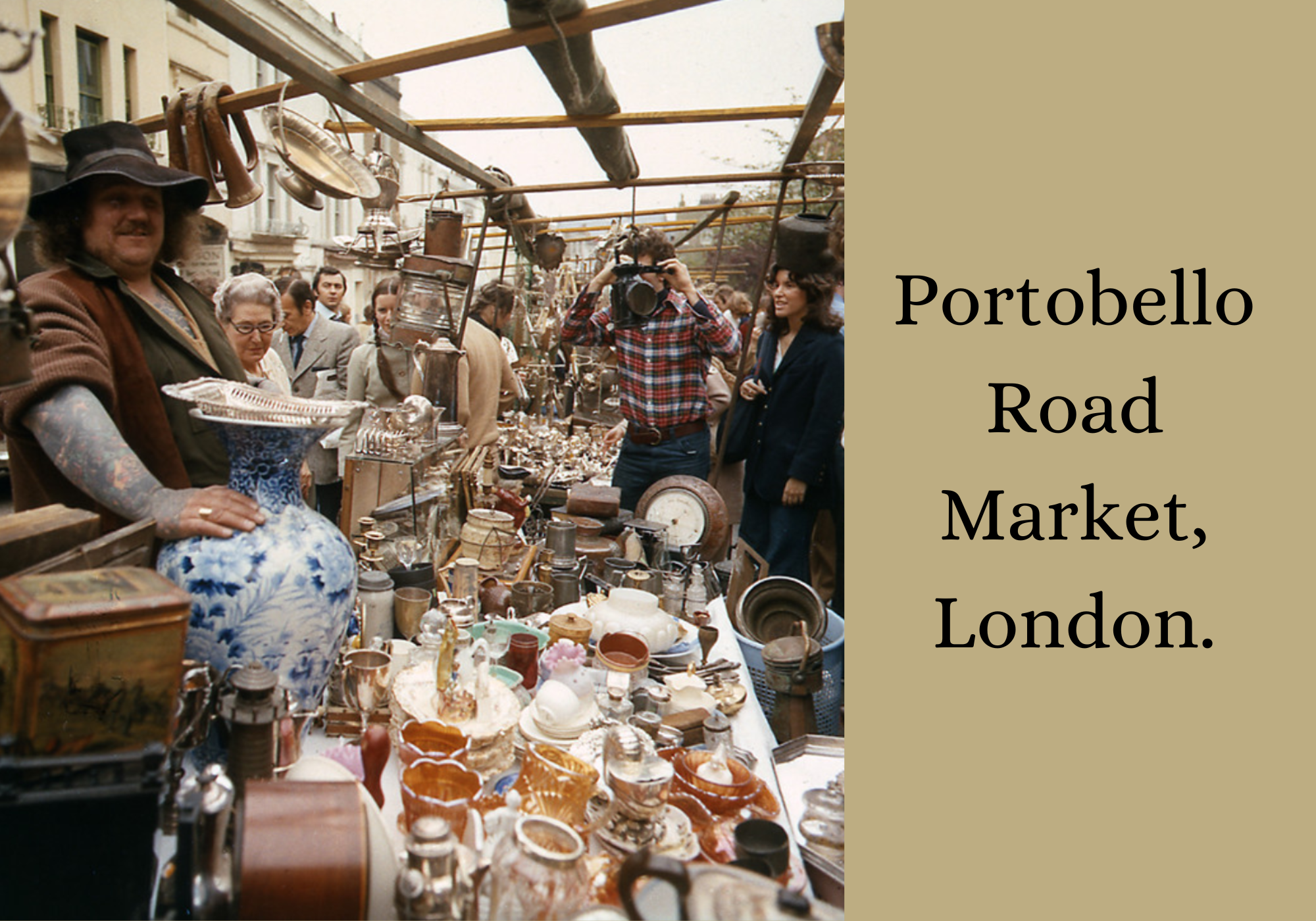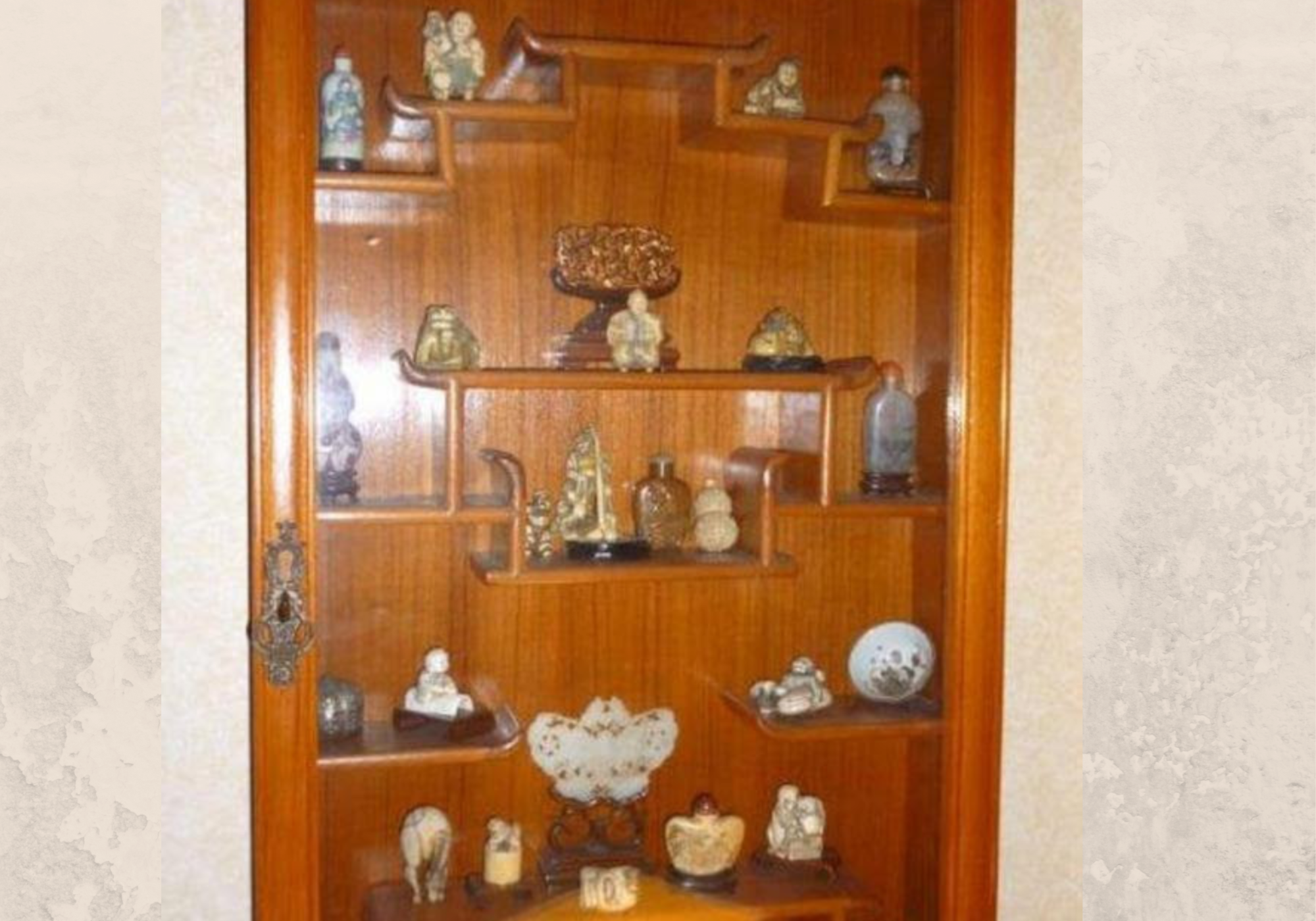The Origins of the 'Knocker Boys': In the disco era of the 1970s Brighton, a different kind of hustle echoed through the streets – the notorious 'Knocker Boys.' But no, these weren't the mischievous door-knocking tricksters; they were a peculiar breed of antique dealers who operated on the fringes of the bustling antique trade in Brighton during the 1970s and who contributed to Brighton becoming known as a thieves' kitchen for antique heirlooms. Brighton has been an antiques centre since Regency days, when people of leisure divided their time between their bathing huts and the huddle of antique shops based in the picturesque area called The Lanes. 
The Nickname and Their Modus Operandi: The moniker 'Knocker Boys' stemmed from their dubious practice of knocking on doors in search of potential antique sellers. Many of the Knocker Boys were gifted with the art of persuasion. They could charm their way into households, convincing people to part with their antique heirlooms, antique furniture, jewellery, oil paintings, brass clocks and silver candlesticks, for a fraction of their actual value. Their silver tongues and deceptive tactics made them formidable figures in the underground antique scene.
Some were notorious known for their persistent and aggressive tactics. They had a well practised confidence trick to relieve people of their antique furniture. The "old woodworm routine", in which they secreted wood dust on their person, and slip some onto the floor, soon to be followed by: "I'm sorry, guv/luv, but your armchair is badly infested. Shall I take it off your hands?"
Or they would say to a naïve householder that a particular item was broken, say an Ormolu clock (worth thousands), and they would offer to repair it for them. And to show they were acting in good faith, would hand over to the owner some cash - which would be a fraction of what the clock was worth - plus write out a fake receipt, with the promise that they would return a few days later with the clock repaired. But, they never did.
Another confidence trick of the Knocker Boys was for one of them to keep the house owner occupied while the other did a reconnaissance of the rest of the house to check for antiques. Then, if there were, they'd more than likely come back later and break in.
Back-Alley Bargains: Unconventional Dealings: Unlike reputable antique dealers who operated from established shops, the Knocker Boys preferred a more nomadic approach. They conducted business discreetly, often striking deals in cars, garages, back alleys, private homes or the toilets of afternoon drinking clubs! Often items found their way to markets, including one of the most famous antique markets at the time, Portobello Road.
Undermining Established Dealers: The Knocker Boys' presence had a ripple effect on the legitimate antique dealers in Brighton. Their unscrupulous practices created an atmosphere of mistrust, making it challenging for honest dealers to establish fair transactions with potential sellers.
Loss of Cultural Heritage: The aggressive tactics employed by the Knocker Boys sometimes led to the loss of valuable artifacts with historical and cultural significance. Items that might have found a place in local museums or historical collections were, instead, dispersed through questionable channels.
The Decline and Legacy: As disco balls faded and bell-bottoms got packed away, so did the era of the Knocker Boys. Increased attention from authorities and a general shift towards more transparent dealings meant the antique black market took a bit of a hit. Still, the legacy of these unscrupulous dealers lives on and serves as a cautionary tale, highlighting the importance of ethical practices in preserving and appreciating our cultural heritage.
